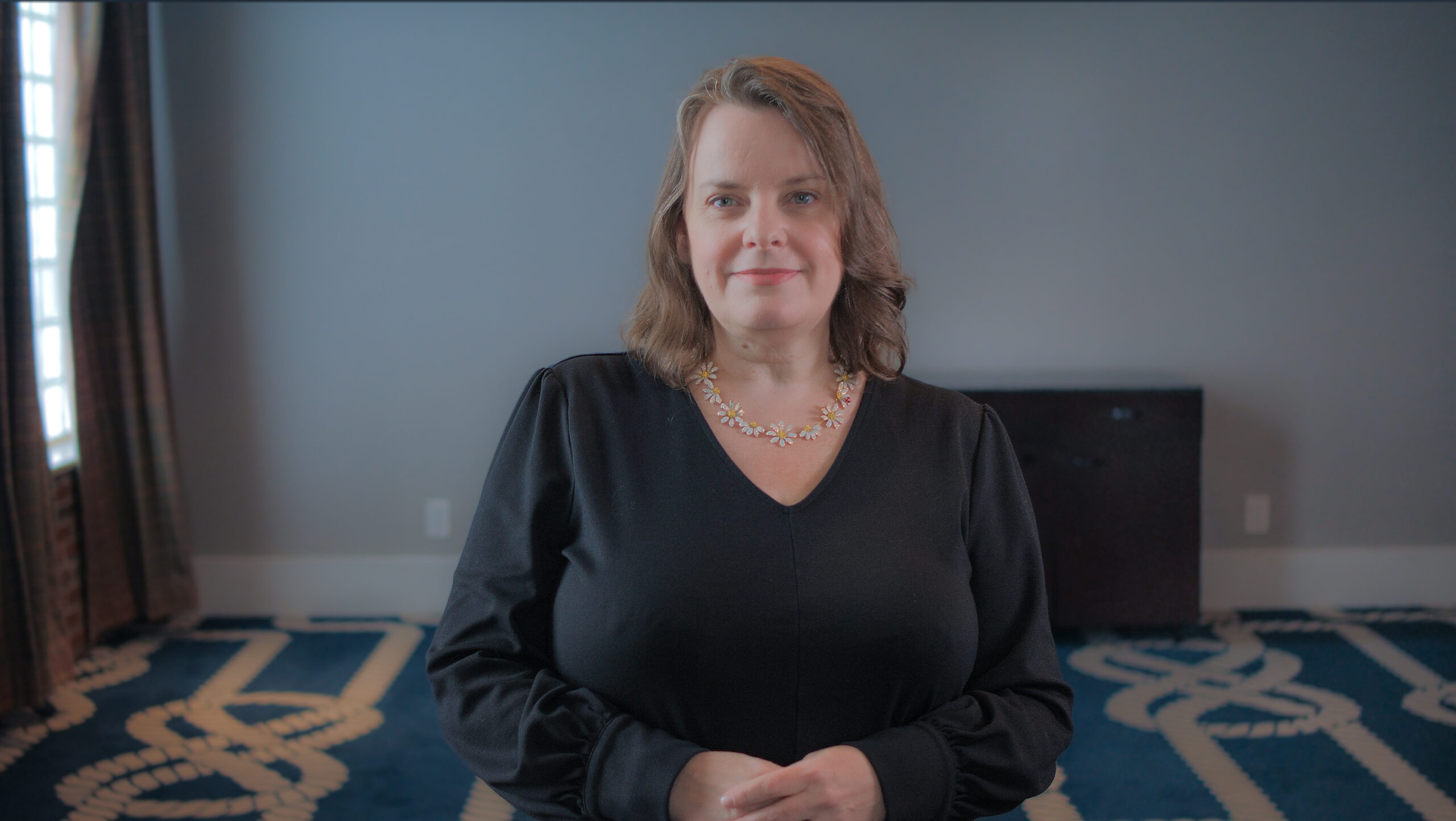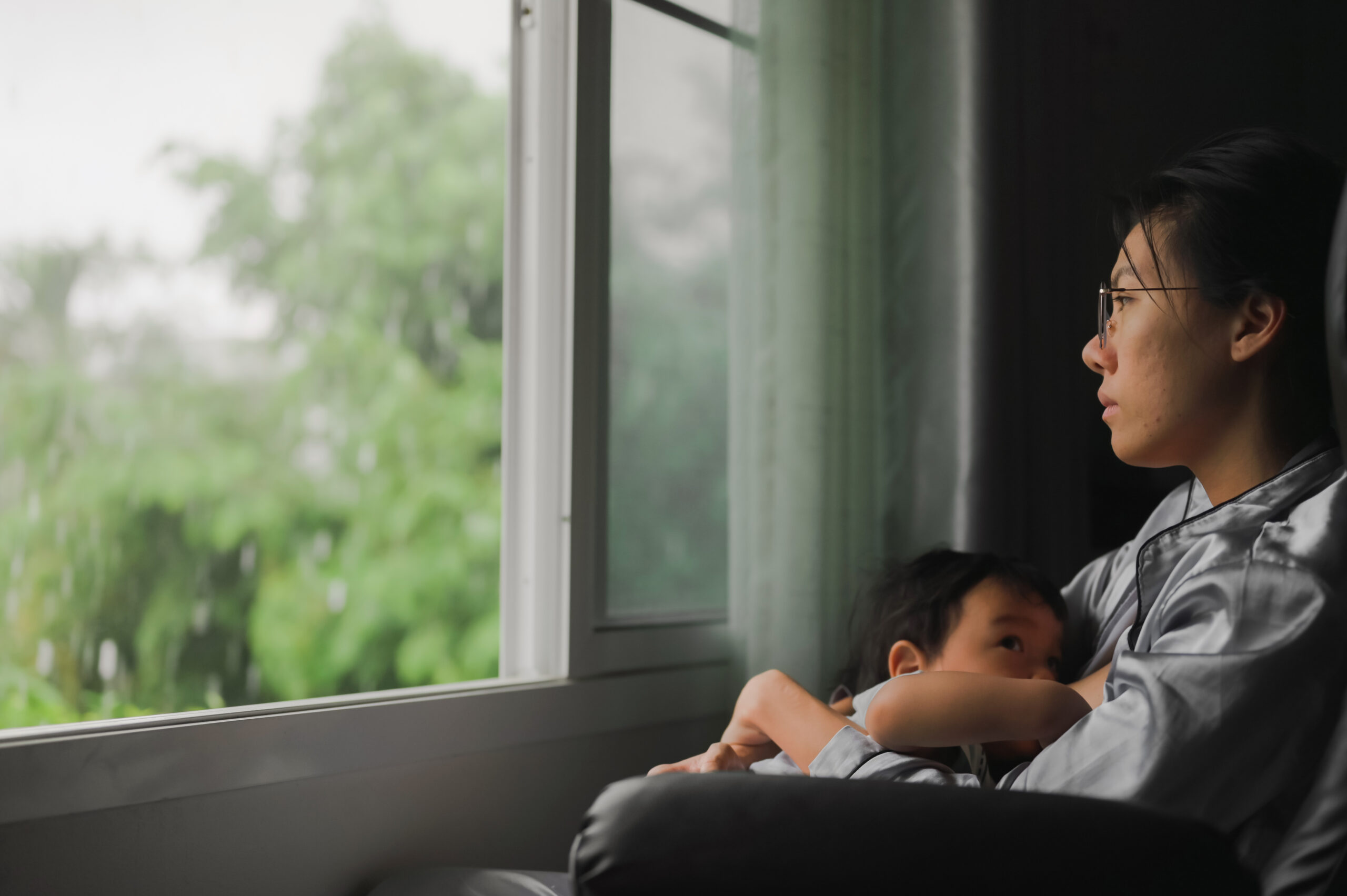February 11, 2026
Navigating Mental Health in Today’s Workforce: LEARN’s Perspective
FEATURED POSTS
February 10, 2026
February 2, 2026
Why Mental Health Is a Leadership Priority
As leaders, we hold a unique responsibility: shaping environments where people can thrive—not just in productivity, but also in well-being. Mental Health Awareness Month is a timely opportunity to reaffirm our role in normalizing conversations around mental health in the workplace and embedding care into the very fabric of our organizations.
Recognizing Mental Health Struggles in the Workplace
As a Chief Human Resources Officer, I’ve witnessed firsthand how employee mental health challenges show up in the workplace—often quietly, through disengagement, increased absenteeism, or strained team dynamics. Behind performance metrics are people navigating anxiety, burnout, caregiving responsibilities, or personal loss.
How Intentional Mental Health Support Transforms Organizations
I’ve also seen the powerful effect of intentional support: when organizations create space for vulnerability, provide access to care, and train leaders to respond with empathy, they transform not only individual well-being but organizational resilience. Mental health at work isn’t a “soft” issue—it’s a core business priority that shapes culture, productivity, and retention.
Mental Health in the Workplace: Key Stats Leaders Should Know
The Workforce Institute at UKG published a recent study reporting that 70% of people say their manager’s impact on employee mental health is greater than that of a healthcare provider or therapist—and equal to their spouse or partner.
The data is both concerning and motivating. According to the American Psychological Association (2023), 77% of employees have experienced work-related stress in the past month, and 57% report negative mental health impacts because of their job. The World Health Organization estimates that depression and anxiety cost the global economy $1 trillion each year in lost productivity.
A Multidimensional Approach to Supporting Employee Mental Health
Our approach must be multidimensional:
- Normalize mental health in the workplace conversations by training managers to respond with empathy and equipping teams with mental health literacy. This creates psychological safety and gives managers tools to refer employees to appropriate resources.
- Design benefits that reflect modern needs: Mental health apps, embedded mental health care, and inclusive time-off policies aren’t perks—they’re workforce essentials.
- Embed mental health in leadership expectations: When executives model transparency, prioritize balance, and advocate for wellness, they shift culture more powerfully than any policy can.
HR’s Role in Supporting Mental Health at Work
HR is not merely a facilitator in this work. We are architects of the employee experience. When mental health at work is recognized as a key component in engagement, retention, and performance, Mental Health Awareness Month becomes more than a moment of recognition—it becomes a catalyst for sustained change.
LEARN’s Proactive Approach to Employee Mental Health Programs
At LEARN, we recognize the importance of addressing these challenges head-on. We have several key resources aimed at supporting our staff’s well-being and employee mental health programs:
- Employee Assistance Program (EAP): Our EAP is the first stop for accessing a variety of support services, including confidential assessments, short-term counseling, referrals, and follow-up care. Learn more at www.liveandworkwell.com.
- Caregiving Network: Understanding the demands of caregiving in the midst of a growing shortage of childcare, we offer access to resources for finding caregivers through Care.com—for children, adults, or pets.
- 24/7 Therapy Access: Through our benefits, employees have access to therapy services, including virtual options such as Talkspace, initiated through the EAP.
- Well-Being Video Library: Our United at Work Health & Wellness ON DEMAND Videos cover more than 70 health-related topics, providing valuable information on everything from mental health to physical wellness.
Creating a Culture of Mental Health and Support
As we continue shaping a workplace where people feel seen, supported, and valued, mental health at work must remain a core focus—not just during Mental Health Awareness Month, but every day. At LEARN, our commitment to well-being is more than a benefit—it’s a reflection of who we are. By caring for our people, we strengthen our teams, mission, and, ultimately, the communities we serve. If you’re struggling, know that support is available—and reaching out is a sign of strength.








